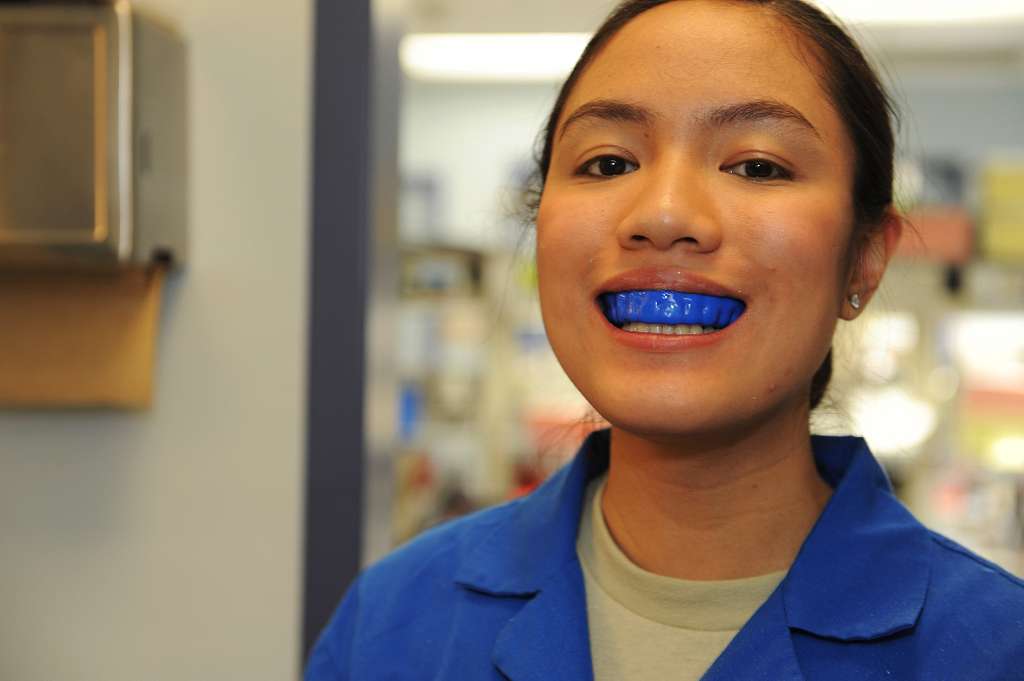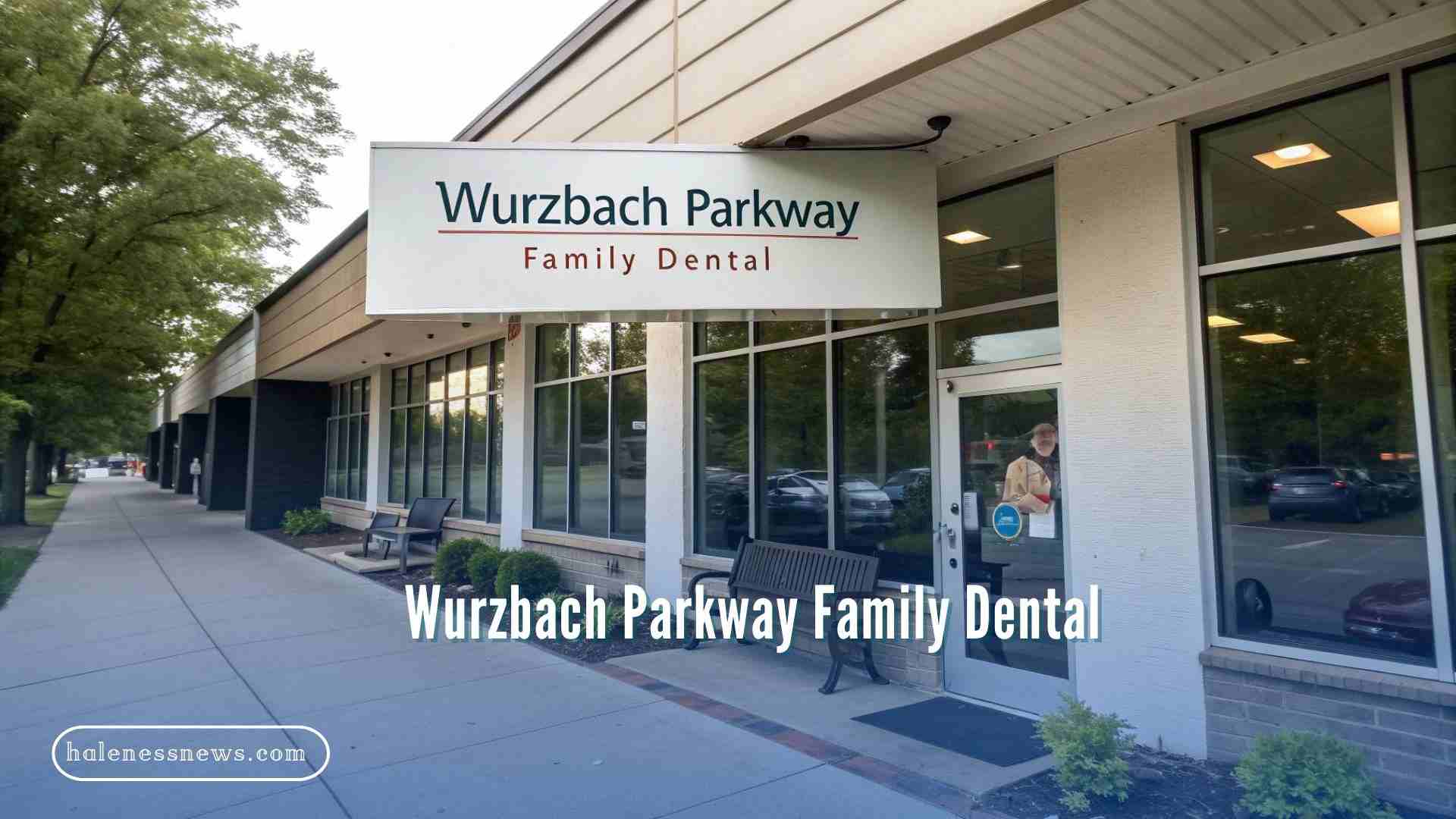Oral surgery can feel intimidating, especially if you’re unsure what the process involves. Whether you’re having a tooth extracted, gum tissue repaired, or dental implants placed, understanding what to expect can ease anxiety and support a smoother recovery. A skilled periodontist plays a key role in planning and performing many types of oral surgery. Let’s walk you through what to expect before, during, and after oral surgery so you can feel informed, confident, and ready for your procedure.
Before Oral Surgery
Preparation is fundamental for a successful surgery experience. Start with a consultation with a periodontist. During this session, the specialist will review the details of the procedure, discuss your medical history, and answer your questions. You’ll learn about the type of anesthesia to be used, potential risks, and any necessary pre-surgery steps.
Your surgeon will provide tailored pre-operative instructions. Often, fasting is required for several hours before the surgery, especially if sedation or general anesthesia will be used. It’s helpful to confirm if and when you should stop taking certain medications or dietary supplements.
Planning ahead at home is equally key. Stock up on soft foods, such as soup, yogurt, or mashed potatoes, to support a smooth recovery. Have ice packs, gauze, and pain medication ready. Also, arrange for transportation, as you might not be able to drive after the procedure.
During Oral Surgery
The day of the surgery begins with your periodontist safeguarding your comfort and safety. You’ll receive local anesthesia to numb the surgical site, or sedation to help you feel relaxed or sleep through the procedure. For patients anxious about oral surgery, these options are helpful in reducing stress.
Once the anesthesia takes effect, the procedure begins. This may involve making an incision in your gum to access the area needing attention, such as positioning dental implants or reshaping bone. Modern dental techniques prioritize precision, aiding in minimal impact on surrounding tissue. Stitches are applied to close the incision, promoting faster healing and wound closure. You won’t feel pain during the surgery, though some sensations of pressure or movement may occur.
Throughout the procedure, your periodontist will monitor vital signs and ascertain your comfort. Depending on the complexity, the surgery could take anywhere from 30 minutes to a few hours. Afterward, you’ll move to a recovery area where the effects of sedation will wear off under observation.
After Oral Surgery
The recovery process often requires attentive care to promote healing. Once you leave the practice, follow through with the post-operative instructions provided. Pain and swelling are common after surgery, and the periodontist may recommend over-the-counter pain relievers or prescribe specific medications. Applying an ice pack near the affected area can help reduce swelling during the first 48 hours.
Minor bleeding is normal in the first 24 hours. Biting on gauze to apply gentle pressure can help manage it. Soft foods should make up your meals for several days. Avoid anything too crunchy, chewy, or hot, as this can irritate the surgical site. Drinking water is key to staying hydrated, but avoid using a straw, which can dislodge clots.
Maintaining oral hygiene also matters. Rinse gently with an antiseptic mouthwash or a saltwater solution as advised by your periodontist. Be sure to get plenty of rest and refrain from strenuous physical activity to help your body heal. Post-surgery follow-ups enable your periodontist to monitor the healing progress, remove any sutures as necessary, and address any concerns that may arise.
Book an Appointment with a Periodontist Today
Understanding the process before, during, and after oral surgery helps you set realistic expectations and feel more prepared. Consulting an experienced periodontist or periodontal specialist puts your oral health in capable hands. For professional guidance about oral surgery, schedule your consultation with a periodontist today.









